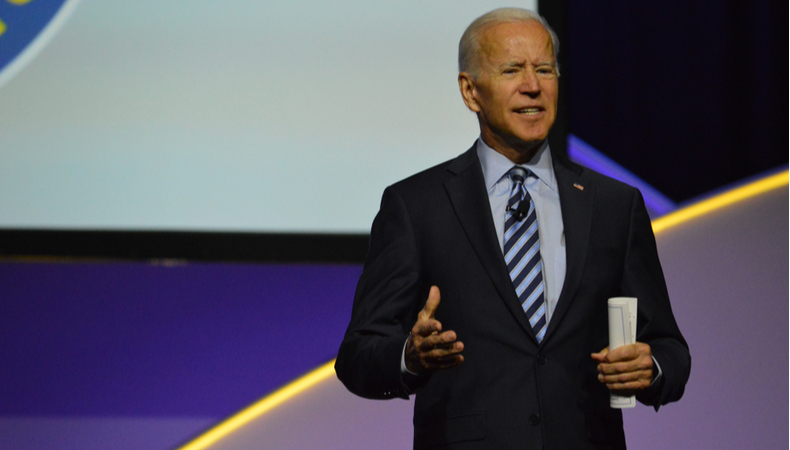Relations between Turkey and the United States are at a dead end with Joe Biden

The new US president Joe Biden started his mandate by taking a public harder line on Turkey, with analysts awaiting a rugged path ahead between the two countries as their views increasingly conflict. Turkish President Recep Tayyip Erdogan is taking an early cold arm from Joe Biden, who before being appointed called the Sultan a dictator and promised to grant the debate.
Biden has not yet called Erdogan and the new administration has immediately admonished Turkey, supporting the release of prominent civil society activist Osman Kavala and criticizing homophobic rhetoric against the LGBT community in a crackdown on student demonstrators.The statements are in line with Biden’s vow to put a new priority on democracy promotion, but the United States and Turkey have plenty of other disputes likely to exacerbate tensions.
Erdogan defiantly acquired Russia’s advanced S-400 missile system, sweeping aside warnings that it was exposing its role in the Atlantic alliance, leading former President Trump to command narrow sanctions on the Turkish defense industry. Also, a New York court in May will start a lawsuit against Turkey’s state-run Halkbank over supposedly circumventing sanctions on Iran’s Islamic Republic, potentially inflicting a heavy economic strike on Ankara.Steven Cook, a senior fellow at the Council on Foreign Relations, told the “Arab News” that Turkey-US relations can improve for the better, adding that people will have to temper their expectations.
The expert affirmed that Turkey and the United States have different interests and do not share common values. The two countries can work together on some issues, but there is nothing that binds them together any longer.Gonul Tol, director of the Turkey program at the Washington-based Middle East Institute, said that the S-400s posed an especially troublesome enigma as Erdogan had chosen the purchase in nationalist words, saying Ankara was affirming sovereignty.
Erdogan is already under pressure over a struggling economy and has an interest in avoiding more wide-ranging US sanctions.Erdogan is realizing to be very isolated in the region, except for Italy and Qatar, and that his whole anti-Western, anti-US rhetoric is not working anymore.After Joe Biden took power, Erdogan proposed a compromise in which it does not fully operate the S-400s, but the State Department rejected the instance as the multibillion-dollar system will help Russia set its ability to shoot down Western planes.
Biden, despite his accent on democracy, is also pragmatic. Observers affirm that there are several camps in the Biden administration and Turkey is under lens for its decisions on critical issues such as the S-400s, Libya, Syria, Nagorno-Karabakh, the dispute with Greece, Ankara’s support for terrorist groups, and Azerbaijan’s offensive to retake lands belonging to Armenia.Washington and Ankara have a shared interest in ending Syria’s conflict. But Syria has been a prolonged source of disagreement since Biden’s former boss Barack Obama aligned with Kurdish fighters to beat Daesh.
The Eurasia Group also affirmed that both Erdogan and Biden had an interest in improving relations but set a 60 percent chance on consultations breaking down in the second part of 2021, probably over the S-400s, or Syria. Also, Turkey has to withdraw its troops from Libya or risk incurring sanctions for opposing the UN peace road-map.




